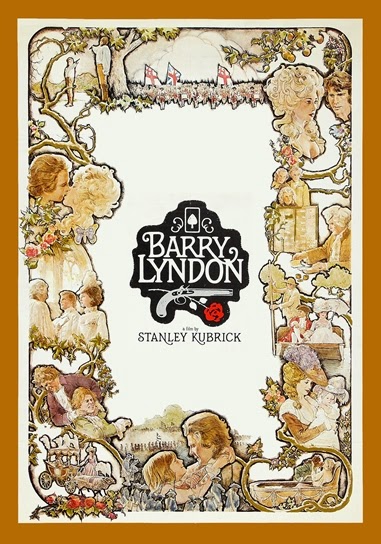Barry Lyndon (1975)

It is no secret that, by the second half of the 1960s, director Stanley Kubrick took a deep interest in making a biography of Napoleon Bonaparte , going to inhumane levels of effort during pre-production to ensure he could perfectly recreate the atmosphere of 18th century Europe. Unfortunately, by that time, as the post World War II baby boomers started reaching adulthood, a counterculture was created that centered around values like contemporary relevance and a revisionist attitude toward history, in a rebellion against the way the older generation saw the world. Correspondingly, general interest in period dramas, up to then extremely popular, had started to decline. As a result, Kubrick's producers, already apprehensive due to his gigantic budget estimations given the unfavorable cultural context, finally decided to abandon the project altogether once Sergey Bondarchuk 's thematically similar Waterloo (1970) turned out to be a ...